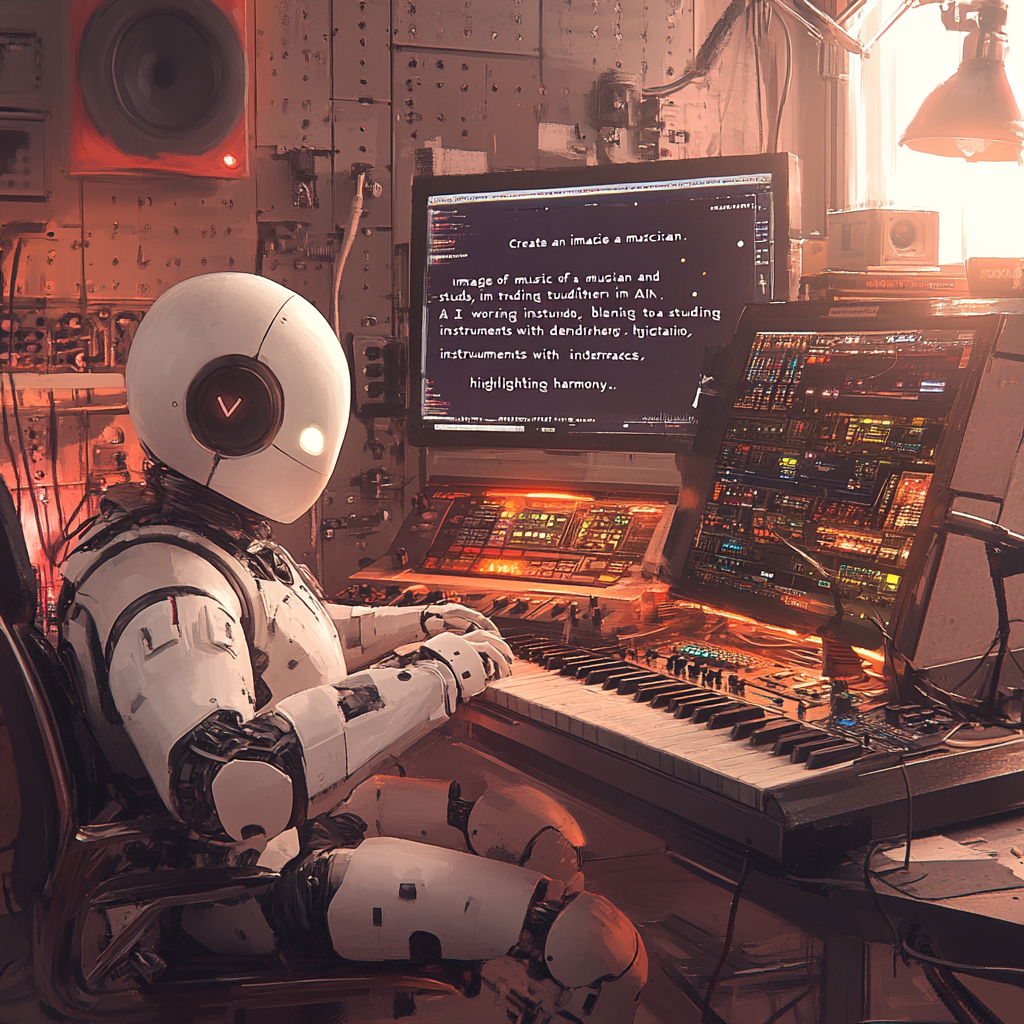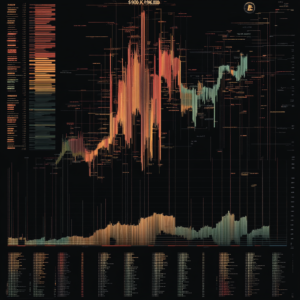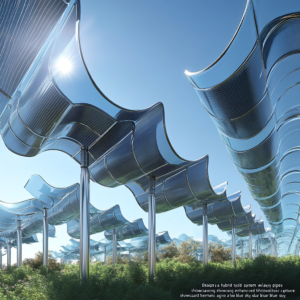
“AI Enhances Music Creation, Researcher Asserts”
Artificial Intelligence and Music: A Harmonious Coexistence?
Welcome to the riveting world of music, where melodies dance, harmonies collide, and more recently, artificial intelligence (AI) has stepped onto the stage, strumming its chords of both excitement and trepidation. Now, before you rush to the conclusion that AI is the villain aiming to dethrone the beloved musicians, let's get this straight: researchers are singing a different tune, proclaiming that AI isn’t here to steal the show but rather to jam with the artists. Intrigued? Buckle up!
Let’s start at the very heart of music – the creative process. It’s a realm filled with inspiration, emotional outpouring, and, let’s face it, a healthy dose of chaos. Steinar Jeffs from the University of Agder’s CreaTeMe Centre champions this notion, noting that "musicians want to make music regardless. The process itself holds value for them." This isn’t just platitude; it’s the essence of artistry. Musicians crave those raw moments, the ones laden with sweat and self-doubt, where they grapple with melodies, lyrics, and rhythms. They’re more eager than ever to pull back the curtain and share snippets of their creative chaos with fans—voice memos and behind-the-scenes videos are sprouting like wildflowers on social media, all hungry for that unfiltered authenticity.
Now, let’s talk about the elephant in the room. Does AI have a tendency to disrupt the intricate art of music-making? Spoiler alert: Not quite. Instead of looking at AI with wary eyes, many artists are opting for a partnership approach. Think of AI as that quirky bandmate who’s always tinkering with gadgets. It’s here to lend a hand, allowing musicians to explore novel ideas without the looming specter of judgment. “Hey, that wild riff might just lead to something groundbreaking!” AI serves up the perfect platform for experimentation, even welcoming its own mistakes as wellsprings of creativity. Imagine a world where routine tasks get whisked away by an AI magician, leaving artists swimming in uncharted waters of imagination—sounds like an artist’s dream, doesn't it?
And here’s a staggering thought: what about live performances? Ah, the concert as a sacred ritual! Many worry that AI might steal the spotlight from sweaty mosh pits and raucous applause. Fear not, for Jeffs reassures, "AI will not take over the concert market. People will always be interested in what other people do. And we will still want to experience live music." You heard it here first, folks! The pulse of live performances, the human connection, remains irreplaceable. Festivals and gigs have become a lifeline for many musicians in an era where streaming services seem intent on munching away at album sales. The electricity of an audience, the interactions, the raw emotion—these are ingredients AI simply can’t replicate.
But hang on, could AI also democratize the music industry? Absolutely! AI’s thrilling potential swings wide open new doors of opportunity. Tired of waiting for record labels to dictate your fate? Well, AI offers a fresh ticket to the concert. Emerging microcultures thrive on social media platforms, enabling fresh talent to emerge in ways that were once the dreams of the hopeful. Collaboration with YouTube sensations or viral TikTok stars? Yes, please! It’s like a buffet of possibilities for artists who once felt sidelined.
Yet, let’s not gloss over some sticky points. While the scales tip toward potential love between AI and music, there are some concerns lurking in the shadows. What if AI’s embrace results in bland, overly polished music, stripping away its unique soul? Jeffs offers a poignant concern, referencing the iconic track "Take On Me" by A-ha. “If that songwriting process had been put through ChatGPT to ensure the text was correct, would it still have been a hit?” Ah, a question that haunts our hearts! Just imagine the classic tunes that got their charm from delightful imperfections and unorthodox expressions being dulled by algorithmic precision. There’s no denying that while AI can transcribe and tune, it lacks the pulse that makes a song truly resonate.
Speaking of creative landscapes, we can’t ignore the massive influence of social media that has become a double-edged sword for artists. Eirik Jacobsen uncovered some startling truths about aspiring indie musicians in Oslo: social media is not just a stage for promotion but rather a part of the creative process itself. The grind of constant content creation can be as exhilarating as it is exhausting. Sure, platforms like Instagram and TikTok can catapult a musician into the limelight, but the pressure of producing fresh content can feel like being on a never-ending hamster wheel. Artists invariably must balance maintaining visibility while keeping their creative authenticity. How’s that for a tightrope walk?
So, here we find ourselves, pondering the intricate dance between artificial intelligence and the vibrant tapestry of music. At the end of the day, AI isn’t the villain attempting to wave goodbye to live musicians; instead, think of it as a supportive entity that can elevate the experience for both artists and fans. It’s about harnessing AI's capabilities for innovation while cherishing the emotional core that only human musicians can deliver. The world of music is about to harness incredible potential, and it's our job to keep the creative flame alive!
Wondering how to keep pace with this evolving symphony of AI, social media, and music? Join the chorus and subscribe for the latest news. Want to stay up to date with the latest news on neural networks and automation? Subscribe to our Telegram channel: @channel_neirotoken. Let’s harness this harmony together, celebrating the artistry that makes this world sing!

